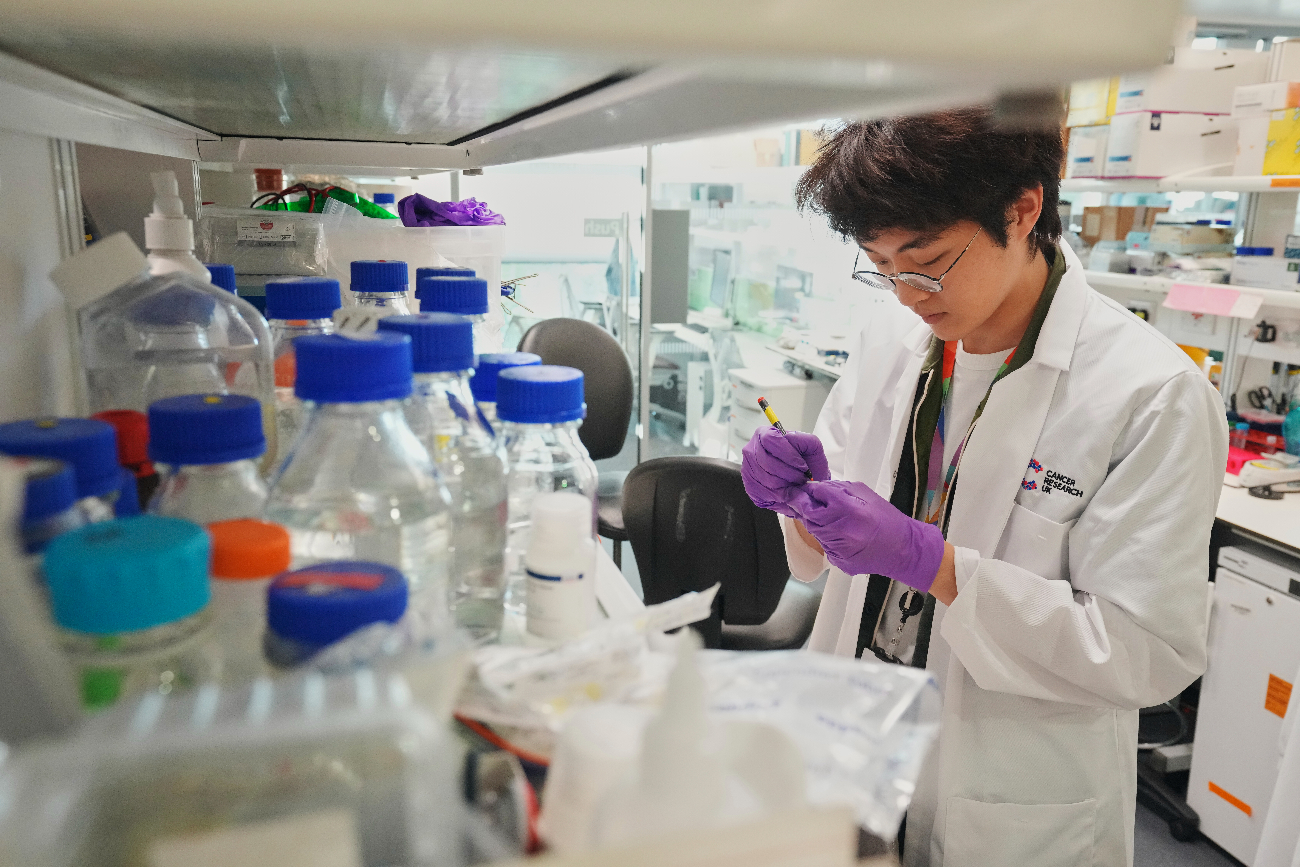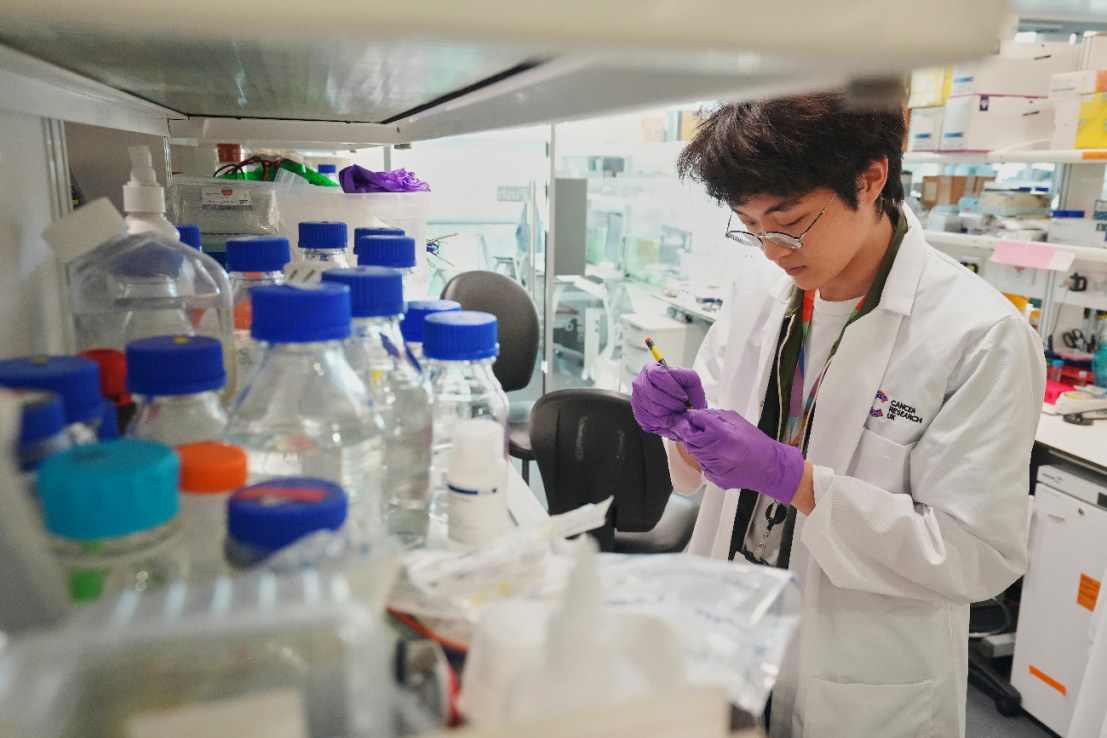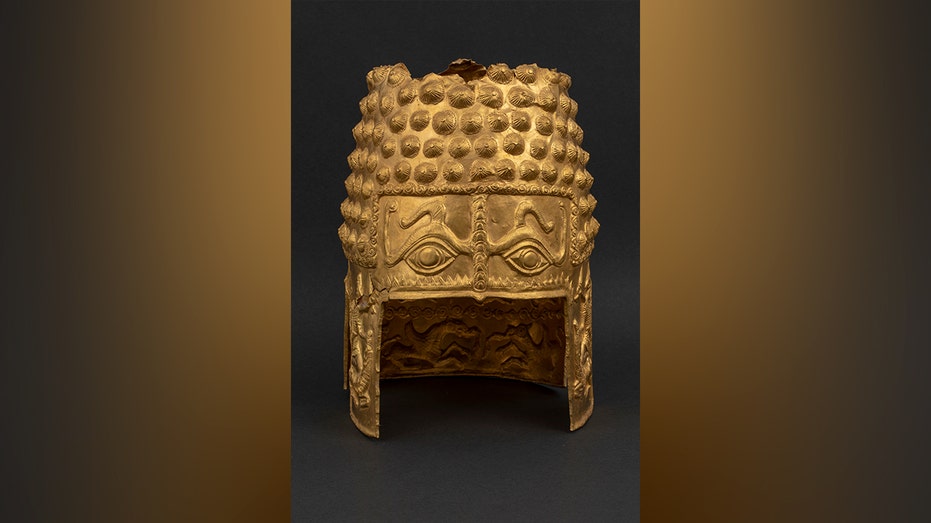‘Philanthropy powers progress’: Cancer Research UK urges business to play part in tackling global killer
A coalition of scientists including three Nobel Prize winners teamed up with Cancer Research UK urging leading business figures to back their campaign for a cure.


The City’s most generous philanthropists have been urged to help tackle investment in cancer treatments in a response “on par with Covid-19”.
A coalition of scientists including three Nobel Prize winners teamed up with Cancer Research UK urging leading business figures to back their campaign for a cure.
This comes after the charity launched its ‘More Research, Less Cancer’ campaign, aiming to raise a whopping £400m.
In a letter “to the world”, the group of medical experts call cancer a “defining health issue of our time” which needs a global – and united – response, similar to the pandemic.
Saying the world is at a ‘tipping point’ for understanding how the disease is treated, they say more support and funding is now required to find a cure and save millions of lives.
Cancer is the second leading cause of death globally, according to the World Health Organization, accounting for an estimated 9.6 million deaths, or 1 in 6 deaths. Cancer Research UK is the biggest independent charity in the world, working for a cure.
It warned the number of global cases is predicted to increase by 50 per cent in the next 15 years or so, with more than 110,000 cancer-linked deaths avoided, if the mortality rate was reduced by just 15 per cent by 2040.
Sir Paul Nurse, a Nobel Prize-winning specialist in genetics and cell biology and chief executive officer of the Francis Crick Institute, is a signatory to the letter.
“With the changes that we are witnessing with technological innovations, work can now be carried out much more quickly. In the next decade, therapies for children’s cancers can be revolutionised, blood tests and personal health data will allow for earlier detection of cancer whilst those with complex cancers will benefit from access to more personalised, life-saving treatments”, Nurse said.
“But, if we are to continue making huge leaps in how we prevent, diagnose and treat cancer, we need the funds.”
Appealing to Britain’s business leaders, Cancer Research UK’s chief executive, Michelle Mitchell said: “We stand on the brink of discoveries that will transform how we understand and treat cancer.”
“Discoveries like new blood tests that detect cancer at an earlier stage, and algorithms that predict someone’s cancer risk and stop it from developing in the first place.”
“These discoveries, that the research and scientific community are on the cusp of, have the potential to save and improve countless lives. But investment is needed.

“We’re partnering with more philanthropists than ever before, all of whom share our appetite for discovery and translating results into real patient benefit. But we need to go further. We need people with the means and vision to help us bring about a world where everybody can lead longer, better lives, free from the fear of cancer.”
The chair of the charity, which is the seventh biggest in Britain according to official government figures, also urged business leaders to open their pockets.
Lord Simon Stevens said: “Philanthropy powers progress, enabling our researchers to take risks, challenge, and innovate.
“We’re in a golden age of scientific progress, with the potential to improve and save millions more lives. Few organisations in the world can rival Cancer Research UK’s global impact on cancer. We have the ideas and the expertise – now we need the financial firepower to seize these amazing opportunities and capitalise on our groundbreaking international partnerships.”
Funds raised in the campaign will go towards the Francis Crick Institute, Cancer Grand Challenges, and scientists’ work in developing new treatments.



